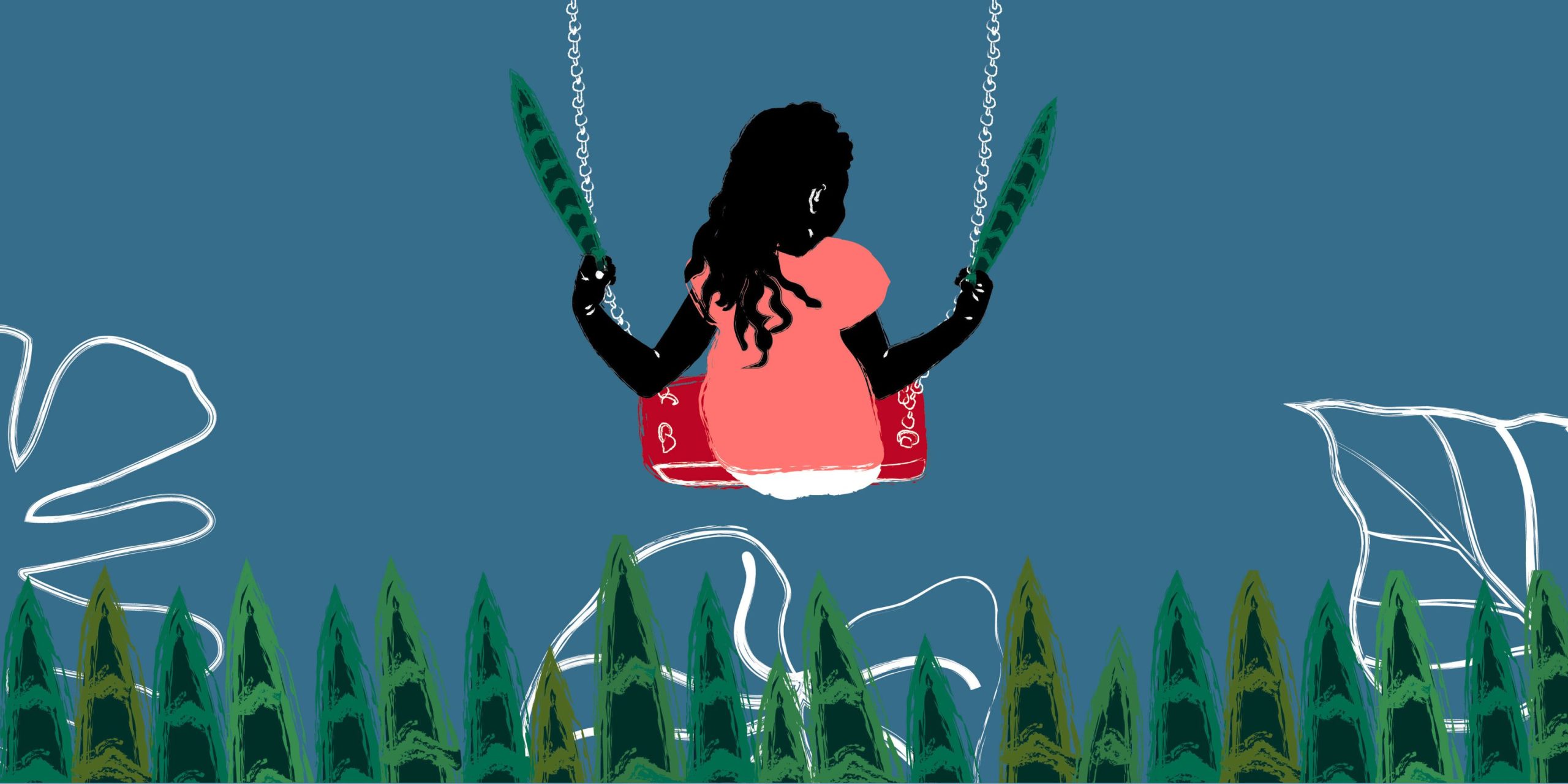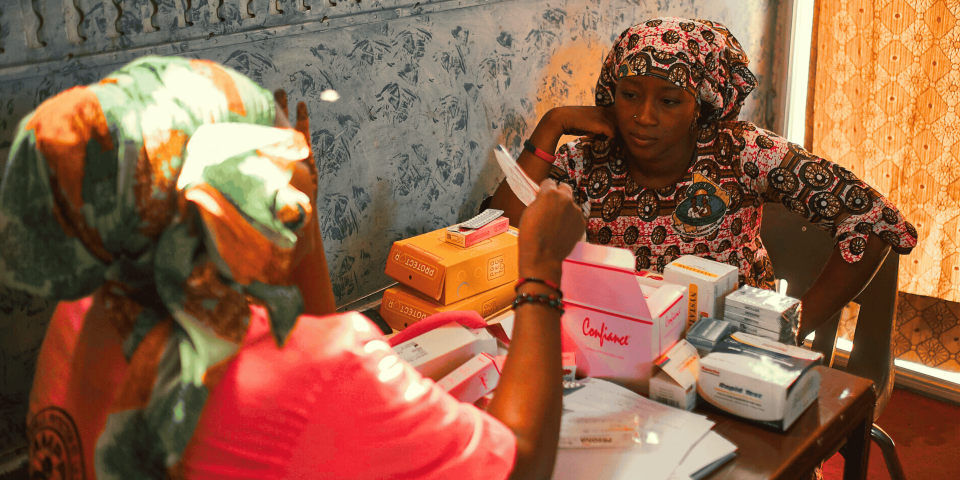For years, we’ve sat in rooms filled with bold declarations and neatly packaged commitments about human rights, gender equality, and global justice. But those of us working on the ground, especially with adolescents and young people across Kenya and the Global South, know that rhetoric doesn’t save lives alone. These commitments must be implemented, monitored and followed by concrete actions, otherwise they are just empty words.
The European Union is at a crossroads. As budget negotiations unfold, a quiet yet concerning move by some countries away from a rights-based foreign policy is emerging. The timing couldn’t be worse. These changes coincide with reduced SRHR funding from Europe, while Global South governments often bury SRHR in health budgets and fail to meet international benchmarks, putting decades of progress, peace, and human security at risk.
This is not just a funding gap. It’s a human security crisis. Human security, a concept that centers on people’s rights, safety, and well-being, should be the thread tying our collective actions together. Yet, a global reorientation risks leaving our communities behind. African governments, Kenya included, are using this shift to claw back on hard-won human rights, despite their obligations under national constitutions and international human rights instruments. These rollbacks undermine not only legal commitments but also the building blocks of peaceful, inclusive societies.
Double Standards, Deep Inequities
EU countries continue to promote themselves as champions of democracy, justice, and human rights. But from the perspective of the Global South, the real need is for these values to be consistently upheld and actively supported across different contexts. Instead, there is a growing concern that these commitments may not always resonate as intended, particularly at a time when rights-based programming is beginning to take root. This is partly due to perceived inconsistencies between stated values and actual policies, such as restrictive migration frameworks, the politicization of aid, or uneven responses to global crises, which can erode trust and hinder meaningful partnership.
Meanwhile, governments in the Global South face mounting pressures, domestic anti-rights groups, restrictive foreign policy agendas, and economic influence from powerful states like the U.S., which may drive a retreat from rights protections. Even well-meaning leaders are not immune to these forces. To achieve real global justice, we must reframe the dynamic, from dependency to shared responsibility, through equitable cooperation, inclusive governance, and leadership by those most impacted: women, girls, LGBTQ+ individuals, sex workers, displaced youth, and young people living with HIV. Their leadership isn’t optional, it’s foundational to lasting peace and resilient democracies.
SRHR is Human Security. It’s Democracy. It’s Stability.
Let’s be clear: SRHR is not a side issue. It’s central to human security and societal cohesion. When young people access SRHR services and information, they can engage in civic life, demand accountability, and contribute to more just, peaceful societies. Without these rights, inequality grows, and social unrest festers.
In Kenya, the 2024 Finance Bill protests revealed this vividly. Young people, excluded from decision-making, rose in defense of their rights. Their protests weren’t just about taxation but about survival, voice, and justice. With creativity and courage, they translated legal jargon into TikToks and mobilized in rural, urban, and digital spaces alike. That kind of democratic energy must be supported, not stifled.
Yet SRHR funding is shrinking, especially for community-led and youth-led work. Some Global South governments are following suit, undermining constitutional guarantees in the process. This isn’t just a political concern, it’s a threat to collective well-being and peace.
A Shrinking Lifeline: The Global Aid Crisis
Rights-based work is facing a global reckoning. European ODA, once a lifeline for grassroots human rights programs, is shrinking, and the ripple effects are being felt across the Global South. Donor fatigue, internal political shifts, and economic headwinds are resulting in the erosion of hard-won partnerships.
And Europe isn’t alone. The U.S. has significantly cut funding for SRHR and humanitarian aid. Just this year alone, a devastating report revealed that over 50 aid programs had been cut or delayed. These weren’t abstract line items, they were lifelines for women, children, and vulnerable communities.
As global aid retracts, feminist and youth-led movements are left scrambling—asked to do more with less, fight for survival, and compete within inequitable systems. This isn’t just a funding issue. It’s the result of systemic power imbalances, colonial legacies, and a global economy designed for extraction rather than equity.
We Can’t Afford to Go Backwards
In Kenya, we’ve seen what works. With support, we’ve helped young people understand their rights, access services, and organize for change. These efforts are building blocks for peace and inclusion.
But progress is fragile. Without consistent political will and investment, the future of these programs is in jeopardy. The Global South isn’t waiting for handouts. We are building, innovating, and leading. What we need now is true partnership, built on solidarity, respect, and shared vision.
So What Now?
To European policymakers: Let your budgets reflect your values. Reinforce human security by funding SRHR, climate justice, and grassroots movements, not as acts of benevolence, but as strategic investments in a peaceful, equitable future.
To African leaders: Recognize your people’s strength. Invest in youth-led solutions. Protect constitutional rights. SRHR is an essential pillar of peace, security, and sustainable development.
To both: Move beyond rhetoric. Challenge systemic inequalities. Build a world where justice isn’t transactional, but transformational, for all.
By Dr. Rukia Nzibo
Dr. Rukia Nzibo is the Development, Partnerships, and Compliance Manager at the Centre for the Study of Adolescence (CSA). A firm believer that SRHR and human security go hand in hand, she blends academic rigour, grassroots insight, and a sharp eye for strategy to support bold, rights-based change one partnership at a time.



